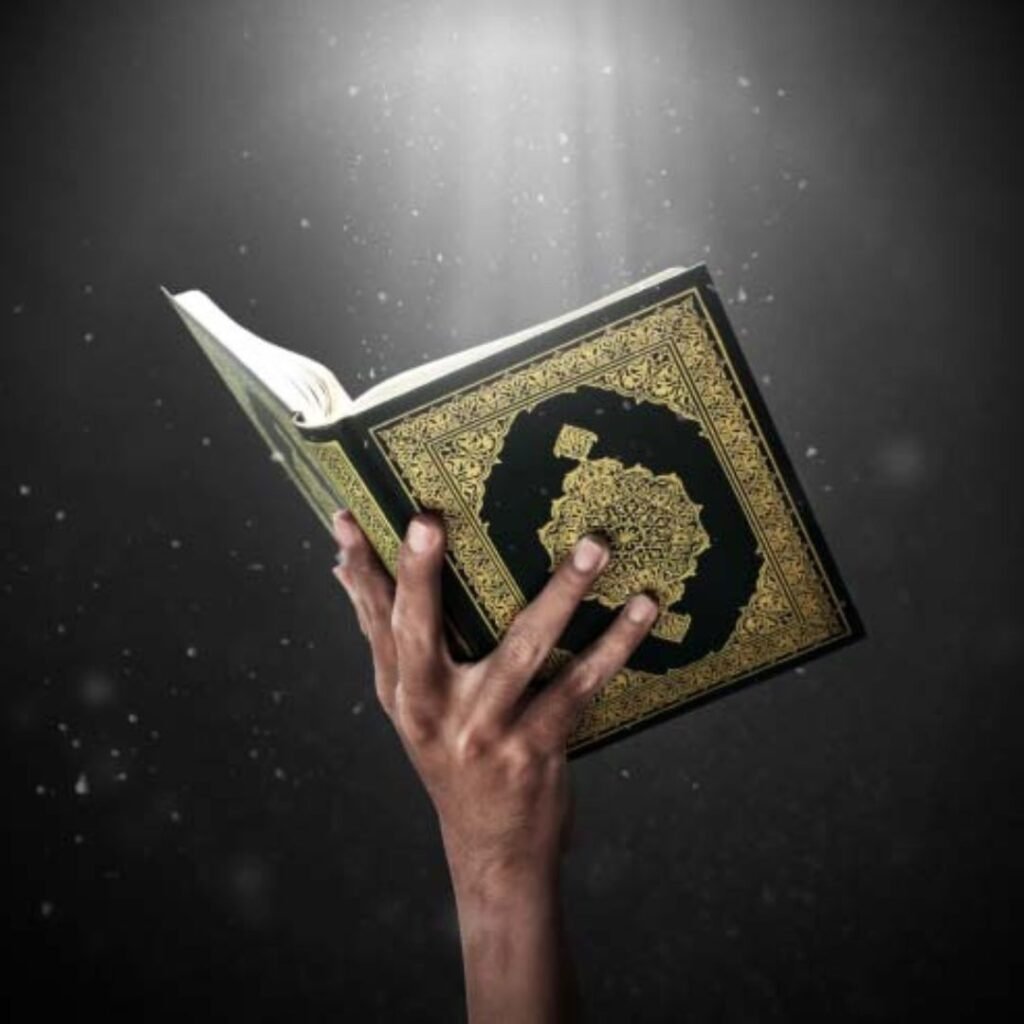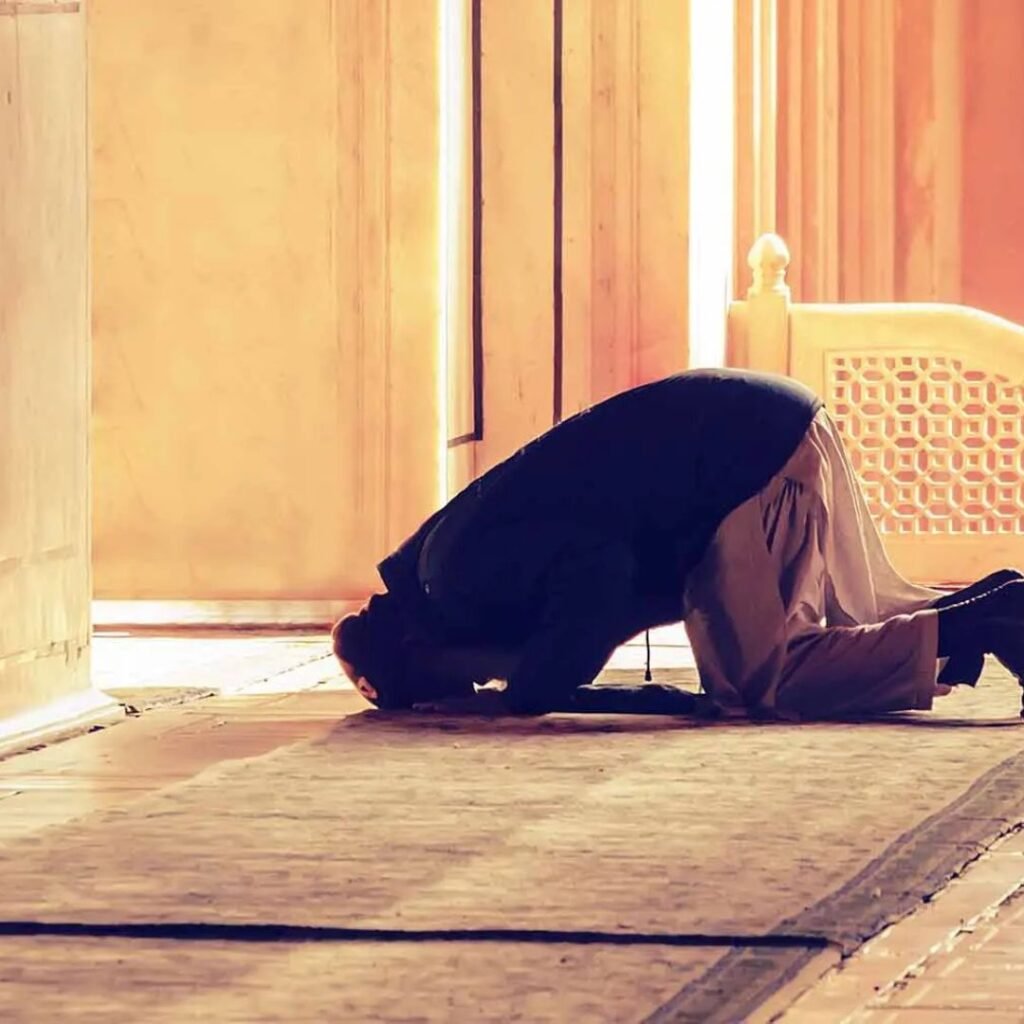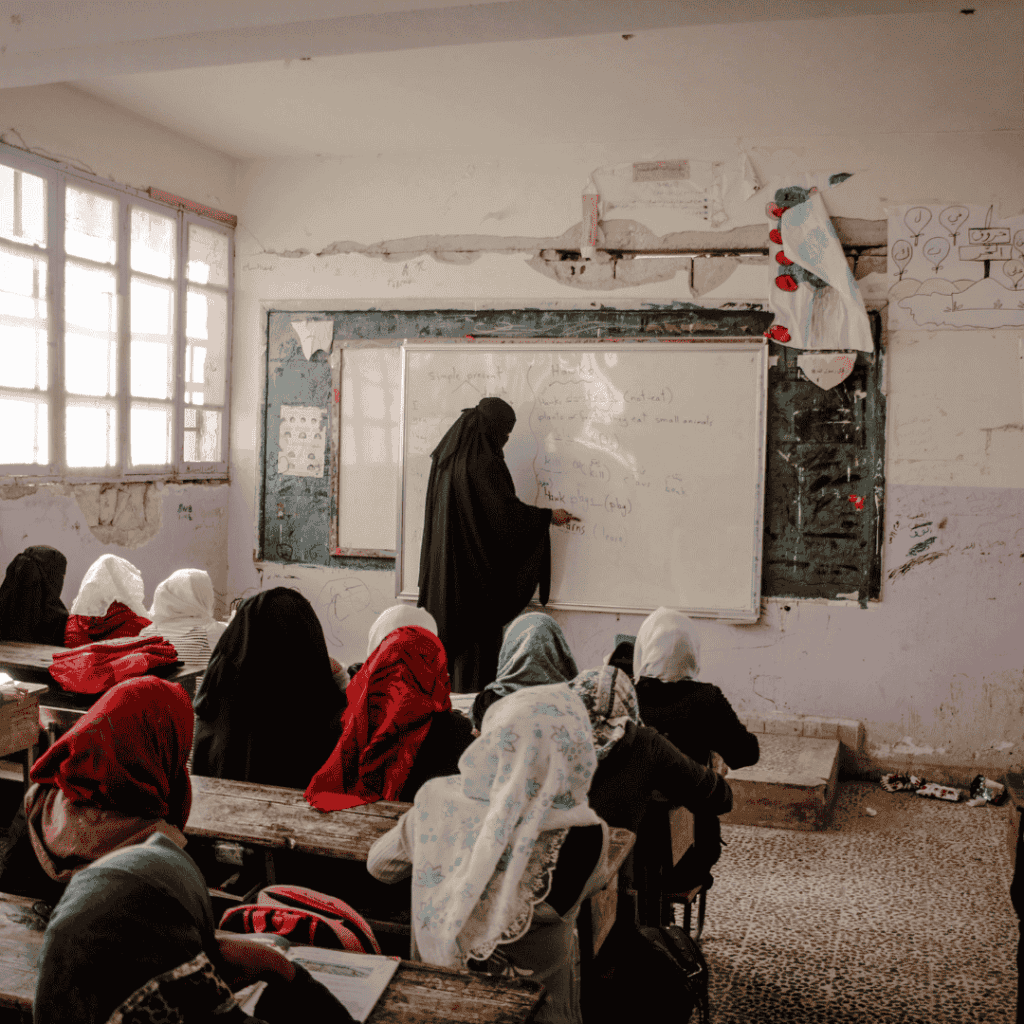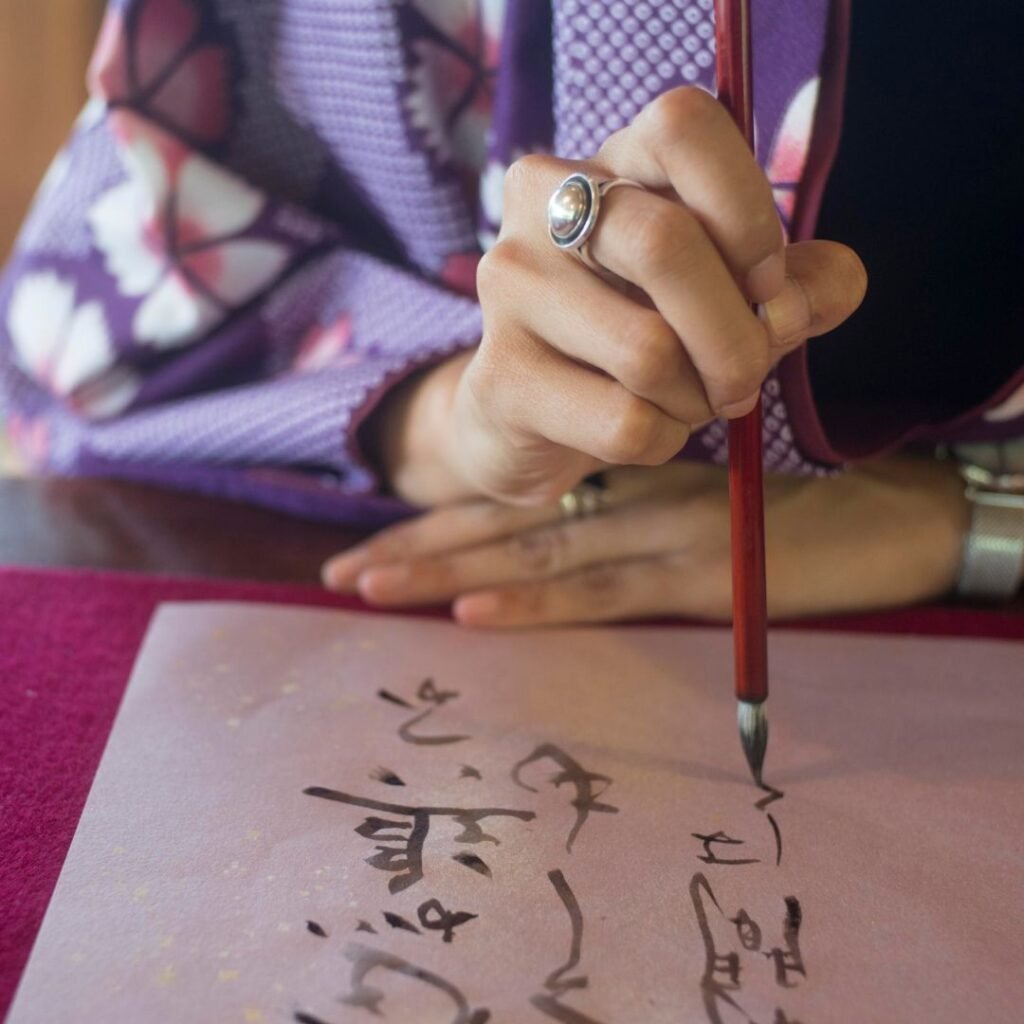The Five Pillars of Islam: Foundations of a Fulfilling Life
Islam is a comprehensive way of life that provides guidance for all aspects of human existence. At its core are the Five Pillars of Islam, which serve as the foundation of faith and practice for every Muslim. These pillars establish a framework for worship, discipline, and community, helping believers lead a fulfilling and purposeful life. In this blog, we will explore each of the Five Pillars of Islam, their significance, and how they contribute to a meaningful existence. 1. Shahada (Declaration of Faith) The Shahada is the testimony of faith, the entry point into Islam, and the most fundamental of all the pillars. It states: “Ashhadu an la ilaha illa Allah, wa ashhadu anna Muhammadur Rasul Allah.” (“I bear witness that there is no god but Allah, and I bear witness that Muhammad is the Messenger of Allah.”) Significance: By internalizing the Shahada, a Muslim aligns their entire life with the worship of Allah and the pursuit of His pleasure. 2. Salah (Prayer) Salah, the five daily prayers, is a direct link between the believer and Allah. These prayers are performed at specific times throughout the day: Fajr (dawn), Dhuhr (midday), Asr (afternoon), Maghrib (sunset), and Isha (night). Significance: Allah commands in the Quran: “Indeed, prayer has been decreed upon the believers a decree of specified times.” (Quran 4:103) 3. Zakat (Charity) Zakat is the obligatory giving of a portion of one’s wealth to those in need. It is typically 2.5% of a Muslim’s savings and is distributed to the poor, orphans, and other eligible recipients. Significance: The Quran emphasizes: “Take, [O Muhammad], from their wealth a charity by which you purify them and cause them increase, and invoke [Allah’s blessings] upon them.” (Quran 9:103) 4. Sawm (Fasting) Sawm, or fasting, is observed during the month of Ramadan, the ninth month of the Islamic calendar. From dawn to sunset, Muslims abstain from food, drink, and other physical needs. Significance: Allah says: “O you who have believed, decreed upon you is fasting as it was decreed upon those before you that you may become righteous.” (Quran 2:183) 5. Hajj (Pilgrimage) Hajj is the pilgrimage to the holy city of Mecca, a journey that every Muslim must undertake at least once in their lifetime if they are physically and financially able. It takes place during the Islamic month of Dhul-Hijjah. Significance: The Prophet Muhammad (peace be upon him) said: “Whoever performs Hajj and does not engage in obscene language or commit sin will return as free from sins as the day his mother gave birth to him.” (Bukhari and Muslim) Living a Fulfilling Life Through the Five Pillars The Five Pillars of Islam are not mere rituals; they are a holistic approach to life that fosters spiritual growth, moral character, and social harmony. Here’s how they contribute to a fulfilling life: Conclusion The Five Pillars of Islam are a divine gift, offering guidance and structure to lead a meaningful and fulfilling life. By practicing these pillars with sincerity and devotion, Muslims not only draw closer to Allah but also contribute to the betterment of their communities and themselves. Let us strive to embody these principles daily, seeking Allah’s pleasure and a life filled with purpose, peace, and blessings.








